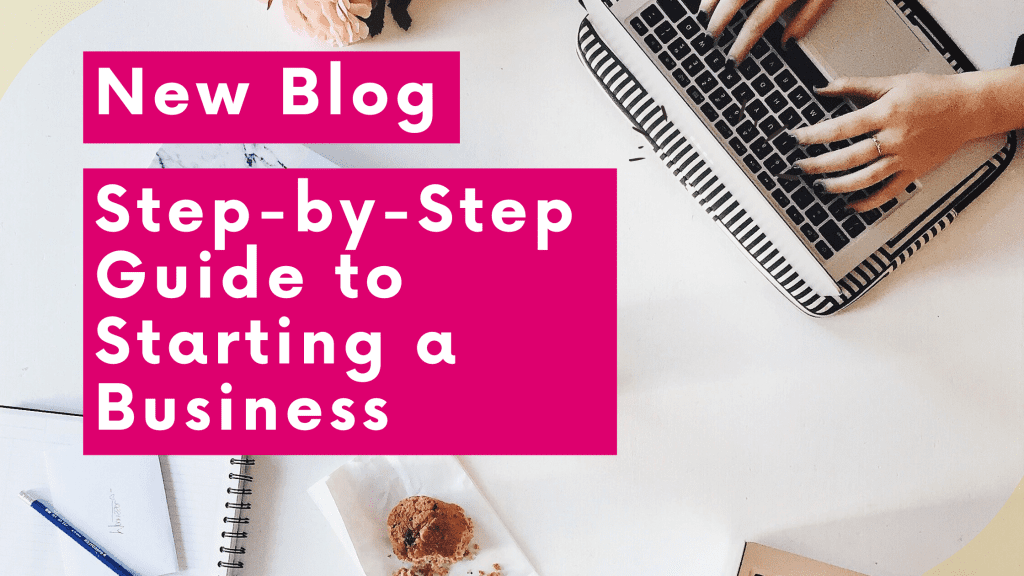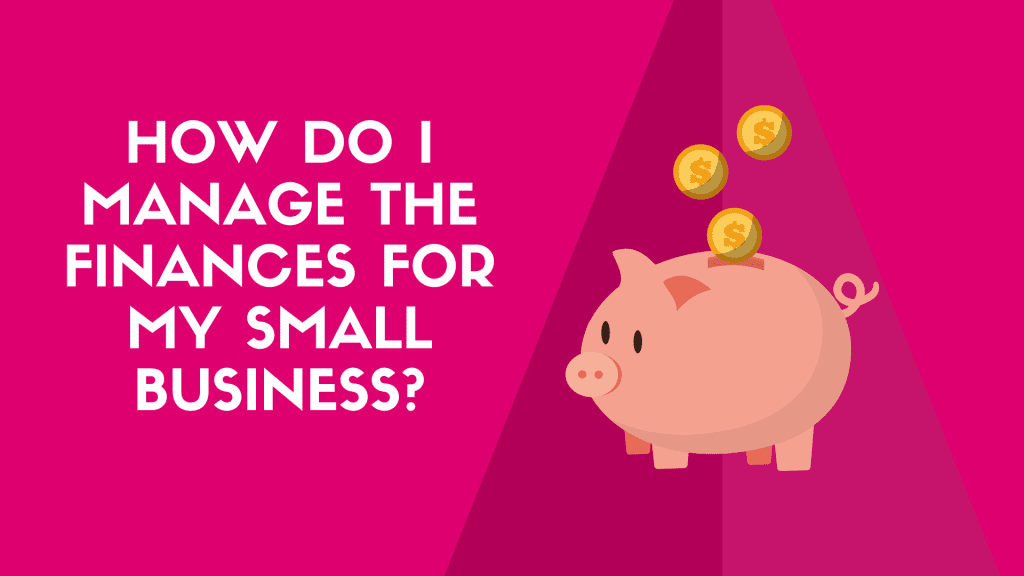




Step-by-Step Guide to Starting a Business Starting a business can be both an exciting and daunting endeavour. With the right…

How Can Business Coaching Develop Strong Leaders? In today’s competitive business environment, strong leadership is more crucial than ever. Leaders…

Do I Need a Business Coach? Running a business can be a complex and demanding endeavour. You might find yourself…

How a Business Coach Can Prepare You for Economic Uncertainty In the ever-evolving landscape of today’s global economy, businesses of…

What Lenders Look for When You’re Applying for a Business Loan Securing a business loan is a critical step in…

A Guide to Successful Financial Management If you’re a small business owner asking, “how do I manage the finances for…

Do I Need an Accountant? Unravelling the Importance of Accounting for Your Business The question “Do I need an accountant?”…

Elevating Your Enterprise with a UK Business Coach: The Role of Accountability in Business Success In the dynamic landscape of…